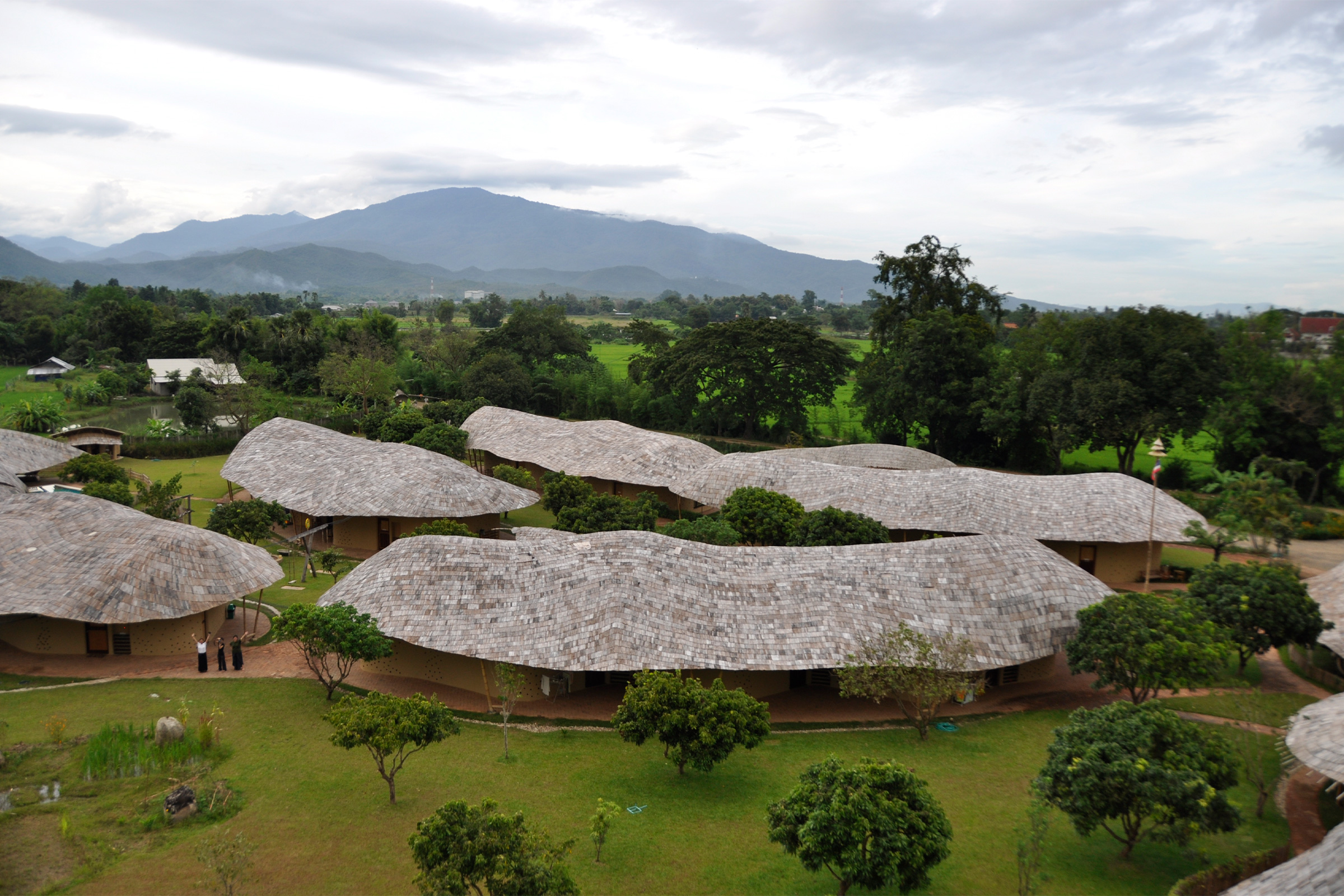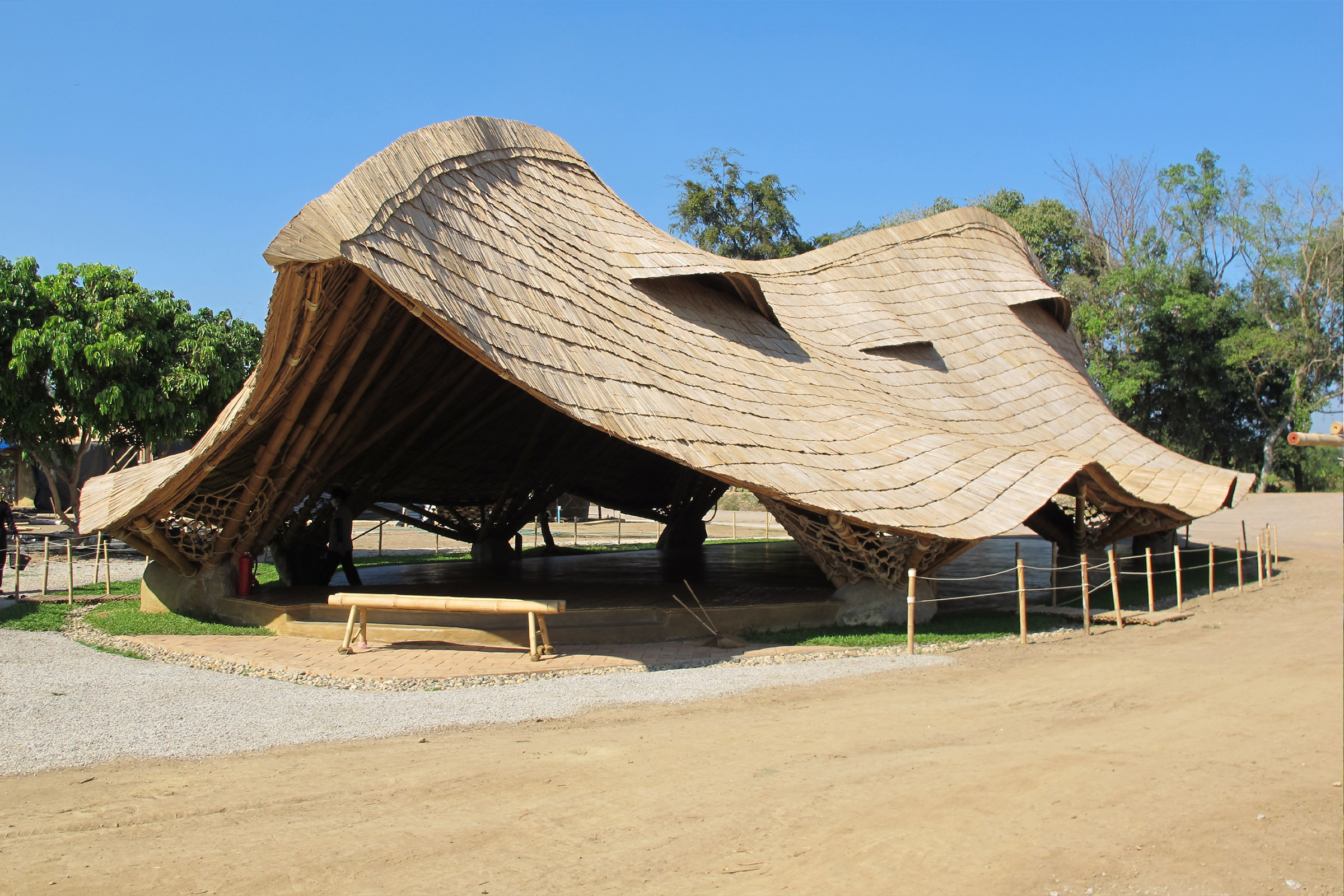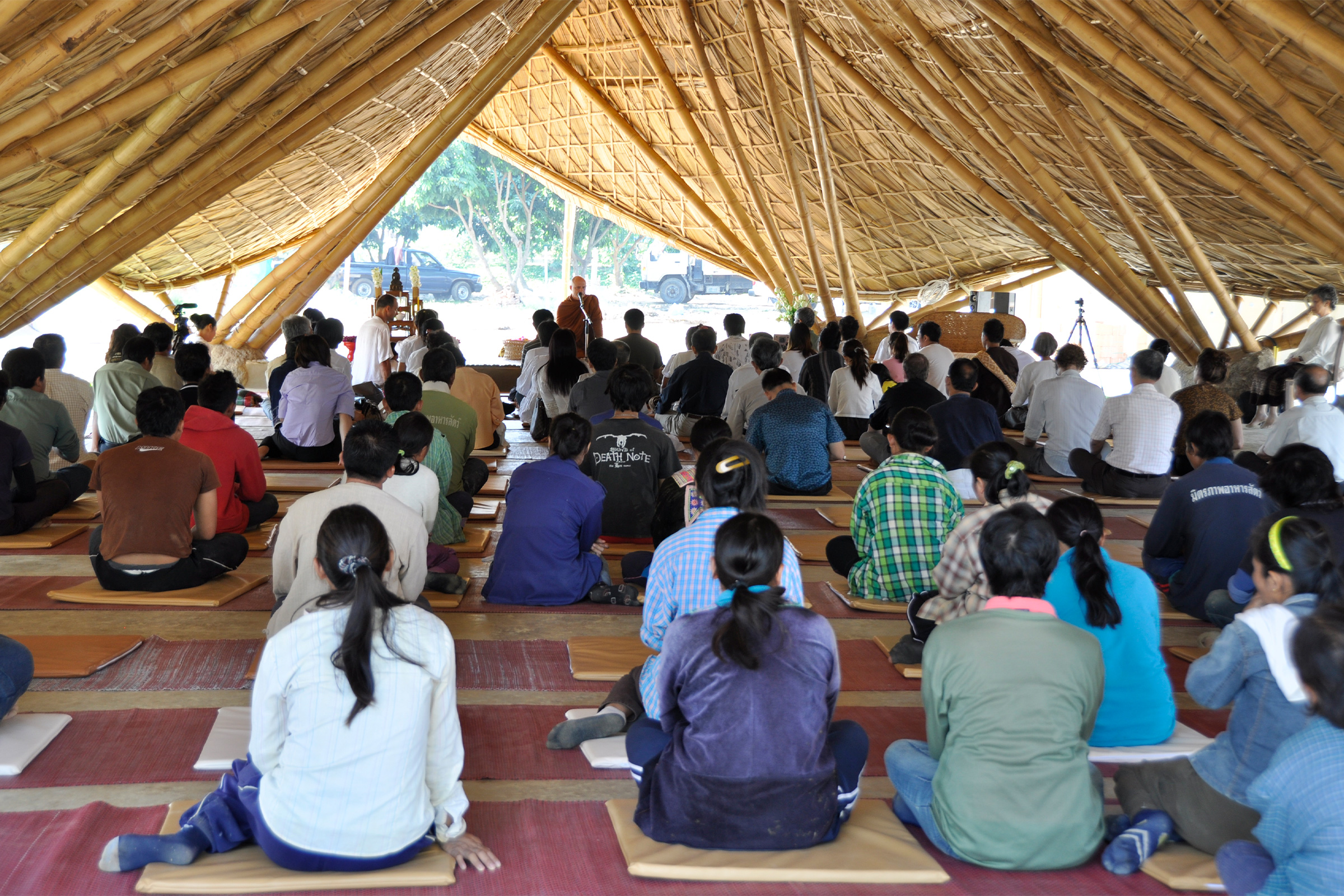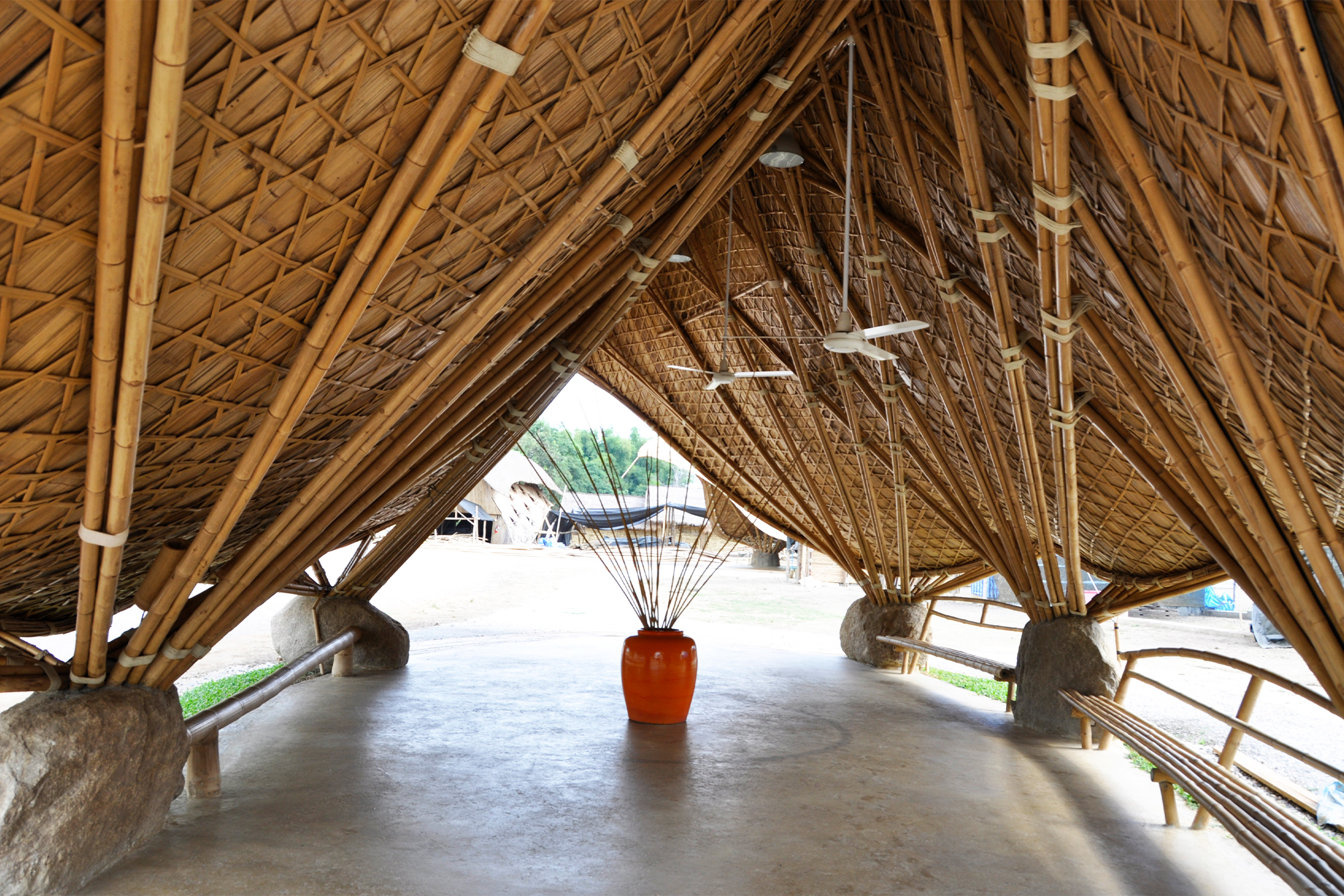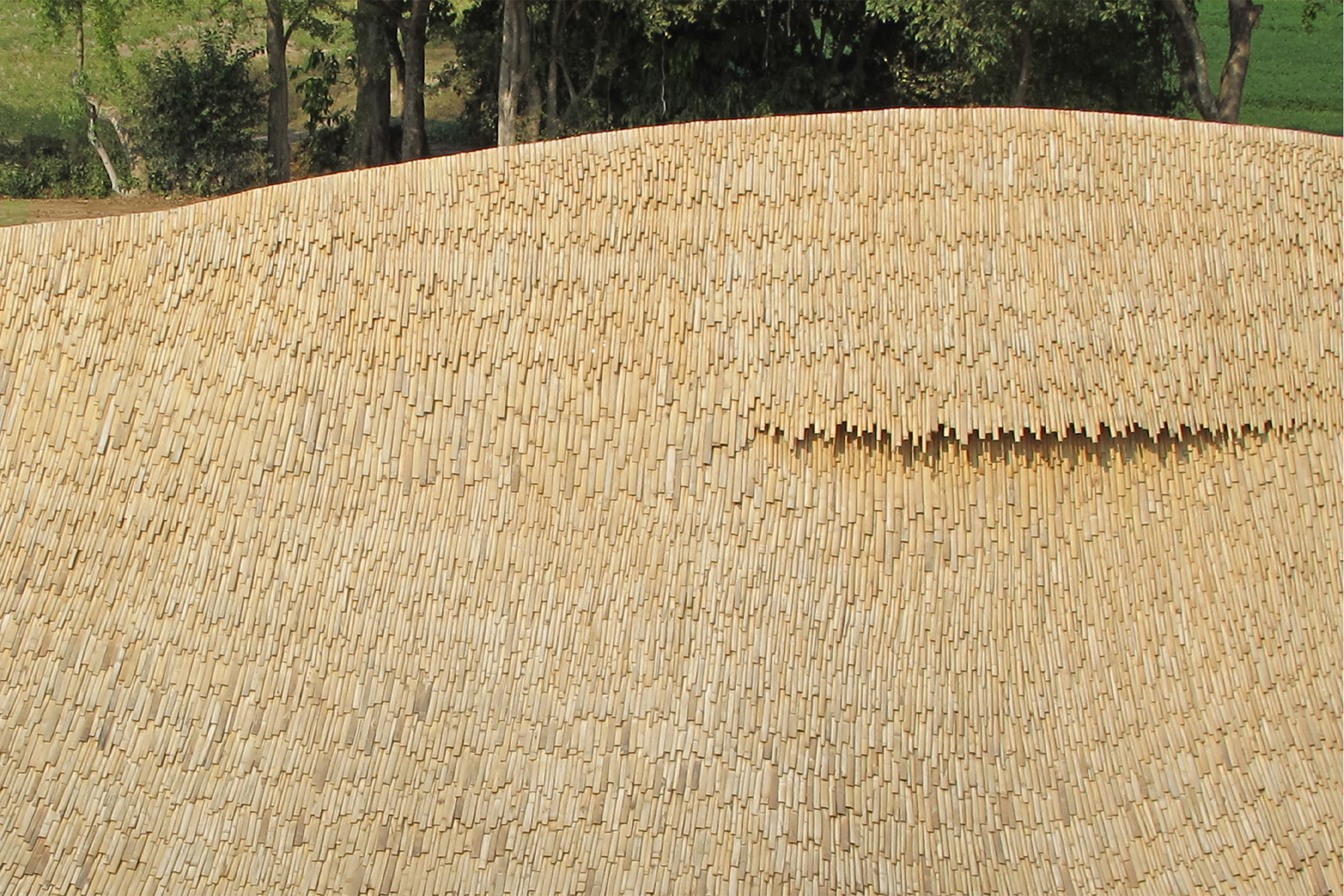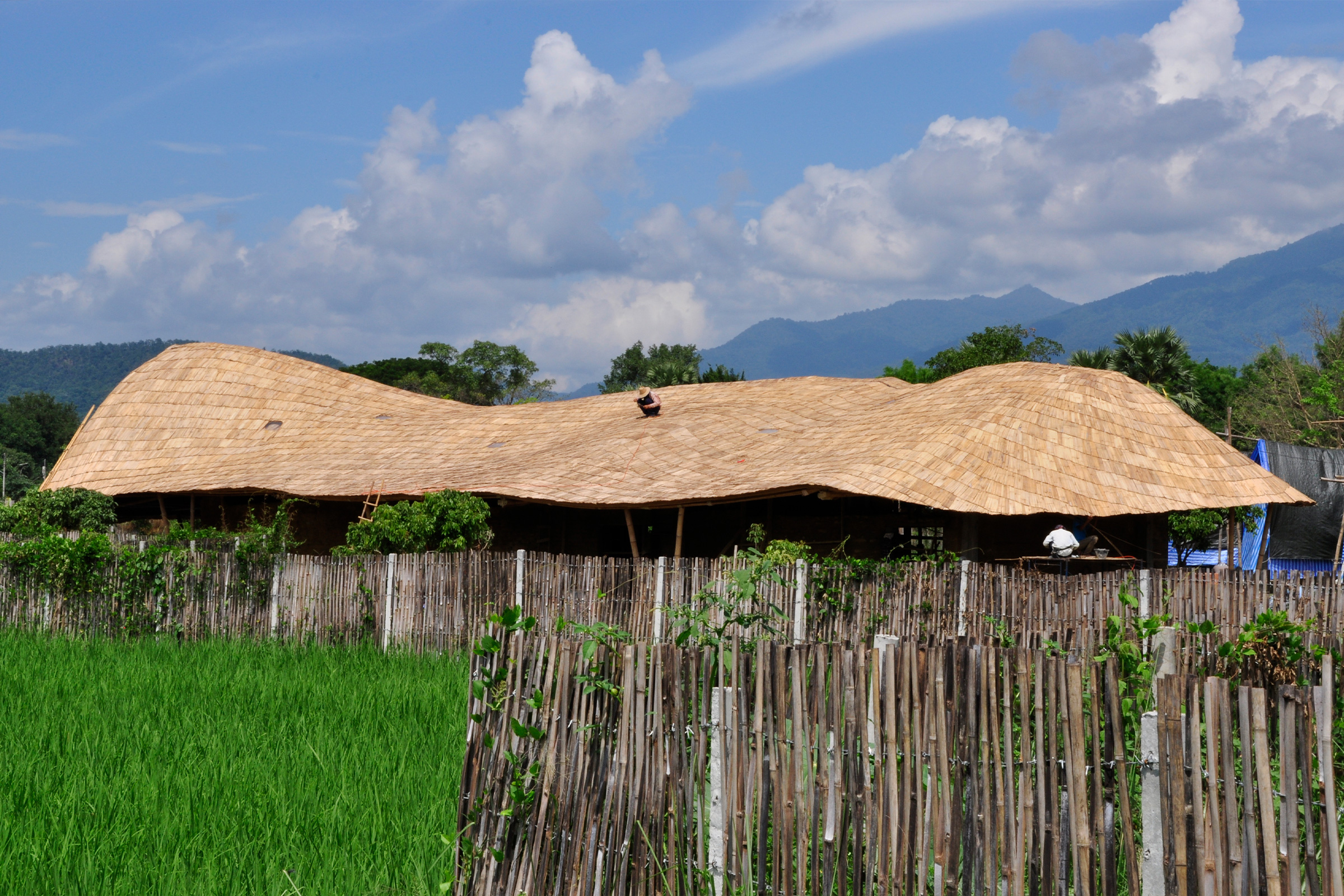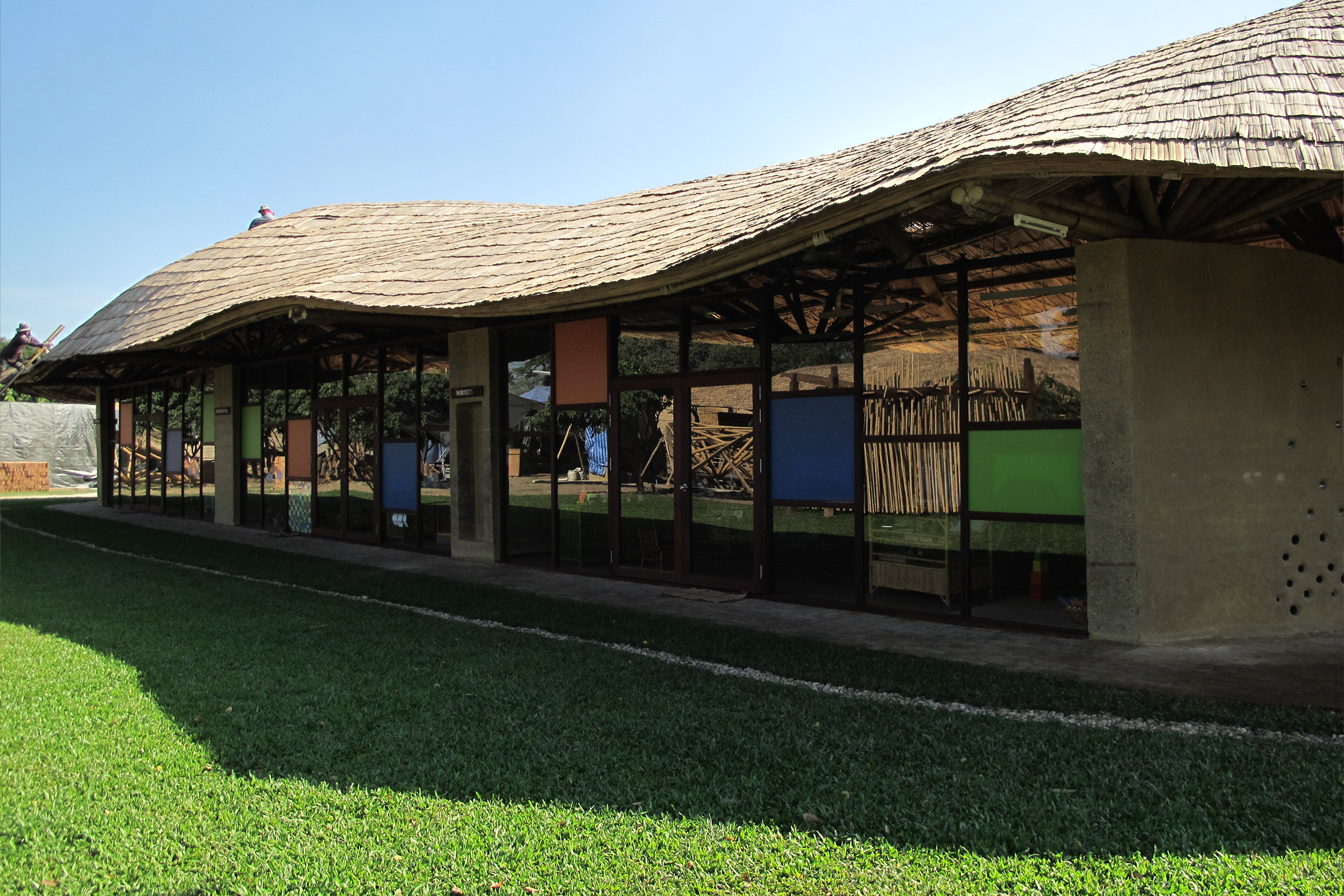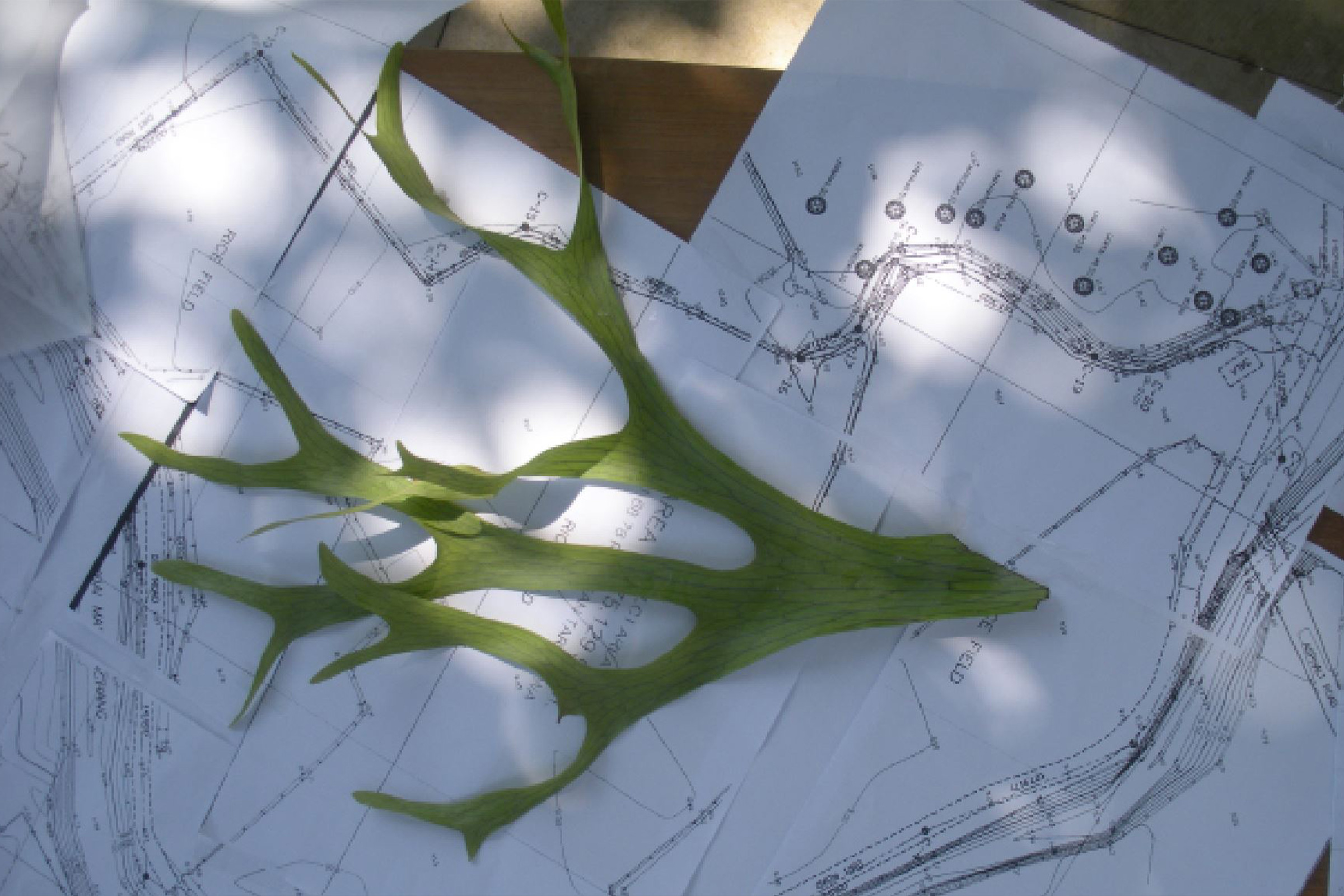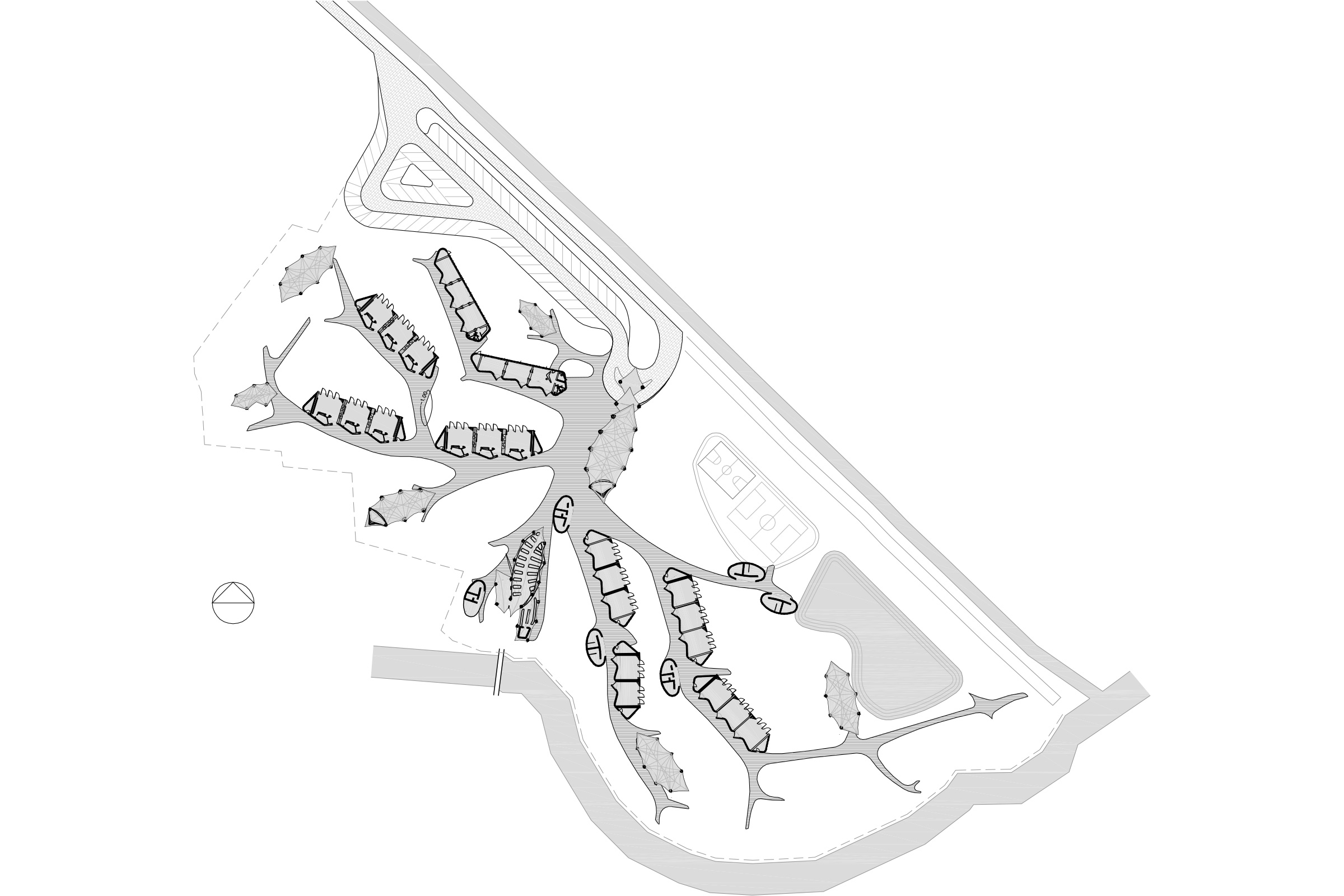Panyaden School, Chiang Mai: Redefining Sustainable Education through Architecture
Introduction to Panyaden School
Panyaden International School, located in Chiang Mai, Thailand, stands as a pioneering educational institution that exemplifies how eco-friendly design can be integrated seamlessly into educational facilities. Designed by Nomadic Resorts, this school serves as a model for sustainability in education, utilizing natural materials and green technologies.
Sustainable Architectural Design
At the heart of Panyaden School’s architectural ethos is the use of local and renewable materials, predominantly bamboo, which not only reduces the ecological footprint but also provides a natural, toxin-free learning environment. The school buildings are crafted with bamboo that has been treated to resist pests and weather conditions, ensuring durability while maintaining environmental integrity.
Educational Philosophy and Environment Integration
The design of Panyaden School mirrors its educational philosophy, which promotes a connection between learning and the natural world. Classrooms are open and airy, designed to encourage natural ventilation, thereby reducing the need for air conditioning. This setup promotes a healthy learning environment and teaches students the value of eco-conscious living.
Innovative Features for Sustainability
Panyaden School is equipped with several innovative features that enhance its sustainability. These include a natural wastewater treatment system, solar panels for energy, and organic gardens where students can learn about sustainable farming practices. The school’s infrastructure is designed to have minimal environmental impact, serving as a practical application of the lessons it teaches.
Cultural and Community Impact
Beyond its environmental initiatives, Panyaden School is deeply integrated into the local culture. The architectural designs reflect local Thai aesthetic principles and Buddhist philosophy, fostering a sense of community and cultural appreciation among students. This approach not only enriches the educational experience but also helps in nurturing responsible global citizens who are aware of their cultural heritage and the importance of sustainability.
Conclusion: A Template for Future Schools
Panyaden School represents a significant advancement in the field of sustainable educational facilities. By combining innovative architectural design with an environmentally integrated curriculum, it sets a new standard for educational institutions worldwide. It showcases how schools can serve as catalysts for promoting sustainability, making a profound impact on students and the broader community.
Panyaden School
Located south of the city of Chiang Mai, this 5,000 m2 primary school consists of an informal arrangement of pavilions, organized along pathways inspired by the shape of the tropical antler horn fern.
The entire school has been built from local earth and local bamboo that has been naturally treated to withstand the elements. Organic vegetables and rice will be grown on school property. Environmentally friendly waste water treatment and food waste recycling producing organic fertilizers and biogas for cooking, round up the picture of an environmentally friendly school with a negligible carbon footprint.
Panyaden School aims to deliver a holistic education that integrates Buddhist principles and green awareness with the highly regarded, International Primary Curriculum.
The Panyaden School has been designed by 24H-architecture in 2010 where our Olav Bruin contributed to the design in his role as Project Architect. Olav also helped training up the local construction team with the different bamboo techniques during the first month of construction of the project.
